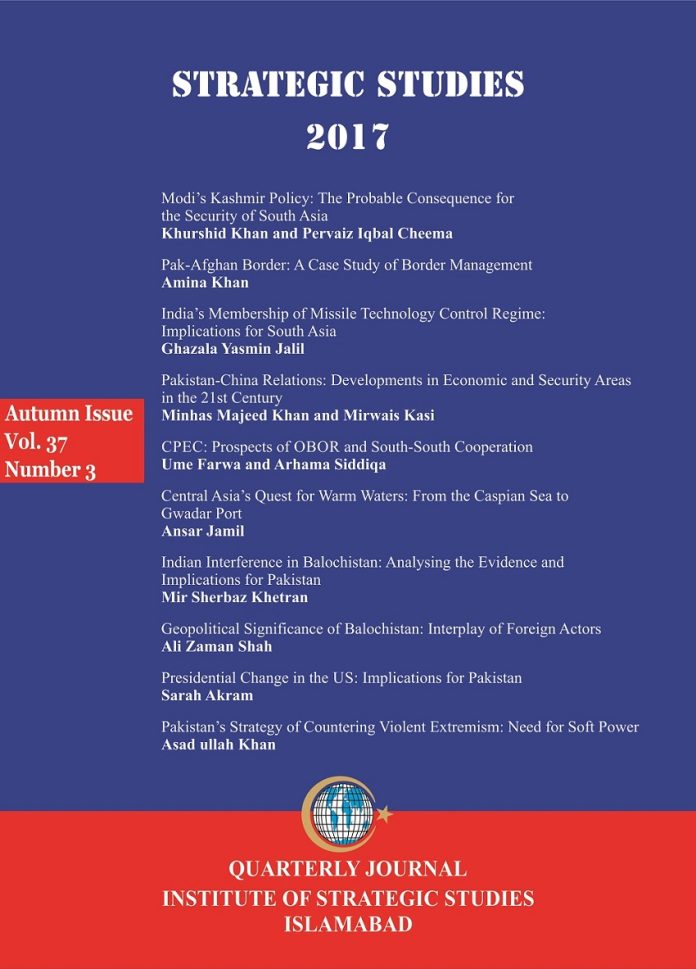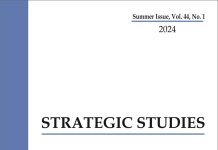There are numbers of volumes on the ‘Great Game’ in Central Asia highlighting the dominant role of certain powers. The rising China attracts the attention of academics around the world. However, it refutes all such claims of becoming a dominant power in Central and South Asia. It is also of prime concern to see how China’s neighbours view its policies and priorities and see why it is not a dominant power.
The book under review, The New Great Game: China and South and Central Asia in the Era of Reform, edited by Thomas Finger, a Shorenstein Distinguished Fellow at the Freeman Spogli Institute for International Studies at Stanford University, explores the reciprocal nature of relations between China and its neighbouring countries in South and Central Asia. The volume examines policies, geography, culture, history, resource endowments and levels of development in these regions and sees how they affect the Chinese national priorities, policies and issues at the time of its activism.














